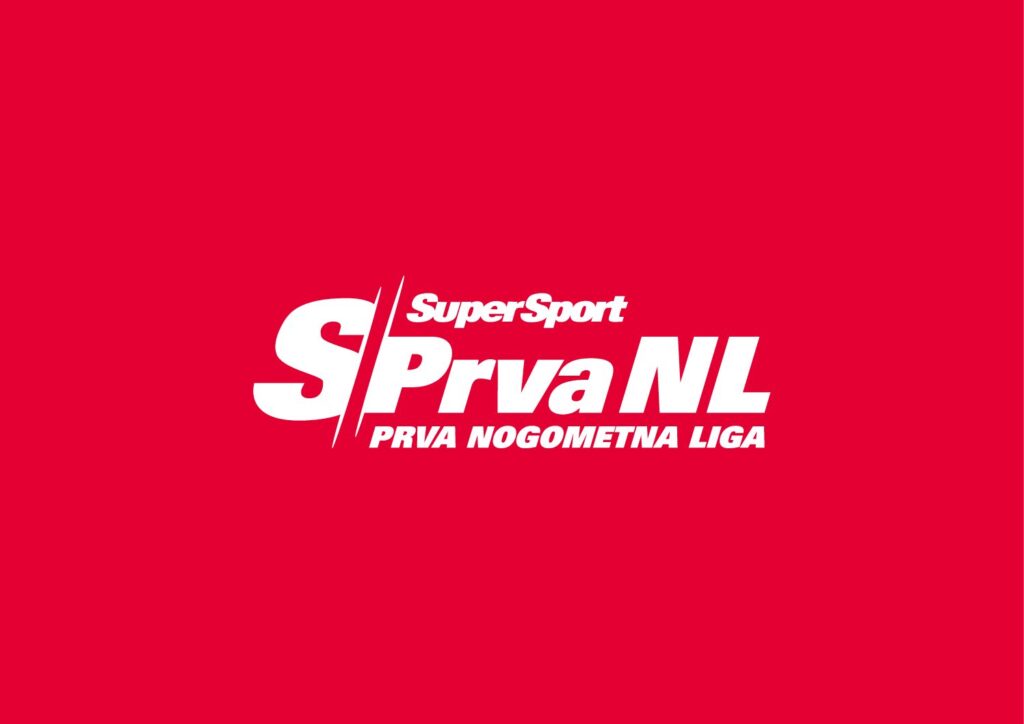Every year, Croatian football clubs enter European competitions with hope, believing they could achieve significant success or at least clear one or two obstacles in the qualifications. However, the reality is harsh – year after year, many clubs are eliminated already in the early stages of the competition, often by opponents not from football superpowers. And while the domestic soccer league is presented as a quality competition, the impression that Croatian clubs leave on the international scene does not reflect that image. What’s the problem?
Illusion of Quality
When we listen to club representatives, they seem convinced that the domestic league is at a high level. They brag about their players’ quality, financial stability, and training, but a match against clubs from weaker European leagues comes, and things go downhill. One often hears the explanation that it was unfortunate circumstances or a bad day, but when such failures are repeated year after year, perhaps the core of the problem should be re-examined.
The best example is Hajduk, which regularly gets relegated from clubs played by semi-professionals, amateurs, or total outsiders. Being relegated to Slovakia’s lower-ranked club is one of those defeats that fans would rather erase from their memories. Although they created several chances to score, conceding a goal while allowing an opponent who had not produced a single serious shot to emerge victorious shows how unprepared and tactically ill-prepared the team was for the European challenges. That defeat vividly illustrates a deep-rooted problem in the approach to these kinds of matches.
Lack of proper access
One key factor is the lack of proper access to European competitions. While in the domestic league, one often plays cautiously and without too many risks, on the European scene, the requirements are different. The tactics must be adapted to the higher intensity of the game, and the mental preparation must be at its peak. Unfortunately, many Croatian clubs enter these matches with naive optimism, without a clear plan for overcoming better-organized and more motivated opponents.
Let’s look at the example of Dinamo, one of the few clubs that regularly makes it into the group stages of European competitions. Although they have had some success, their results in critical matches often reveal that they are not immune to mental and tactical unpreparedness. When you compare the approach of Dinamo and some smaller clubs from Central European leagues, it is clear that they come with a lot more discipline and determination.
A problematic structure
The domestic soccer league is suffering from structural problems. Although we often brag about young talents and the “export” of players to big European clubs, the question is how much this league helps the players prepare for the highest levels of competition. Players in domestic clubs often do not have the opportunity to compete with opponents who are at a higher level of quality, so when they find themselves in a situation where they have to play against stronger rivals in Europe, the lack of experience and tactical knowledge comes to the fore.
Financial uncertainty
In addition to tactical and mental problems, there is also a financial problem. Apart from a few exceptions, Croatian clubs do not have stable budgets that would enable them to keep key players and coaches for a long time. Over time, this is reflected in the level of play and the continuity of the results. Players are often sold too early, and clubs are left without the core of their squad at crucial moments in European qualification. The Supersport League may produce talent but fails to keep them long enough to reach their full potential in the home club jersey.
Supersport Croatian Football League: Real quality or just a good marketing story?
The Croatian Football League has undeniably produced many talented players in the best European clubs today. However, the problem is that the league cannot keep those players long enough to grow and progress independently. Therefore, the question arises—how much is the actual quality of the Supersport football league, and how much is it a marketing story that the clubs and the HNL want to sell to the fans?
If the league produces so much talent, why don’t these talents make it to European competitions? Is it possible that individual talents are at a high level, but the collective strength of the clubs is weak?
The biggest problem in the domestic league is that Croatian clubs bring foreign players of questionable quality while allowing young talents to go abroad. As a result, young players cannot develop adequately within the domestic system and never become critical players in the game, either in Croatian clubs or the national team. Instead of investing in developing their talent and allowing them the opportunity to mature through regular playing time, clubs often choose short-term solutions with players who rarely bring long-term value.
In the end…
Croatian clubs will continue to play in European competitions and dream of tremendous success, but they must face reality to make that dream come true. Regardless of marketing slogans, the quality of the domestic league must be measured by results on the European stage. Clubs must be better tactically prepared, invest in long-term stability, and find ways to keep key players. The Croatian league has potential, but that potential will not be realized without a serious re-examination of the current approach and strategy. Otherwise, we will continue to see sudden relegations and disappointments in the early stages of European competitions every year.





